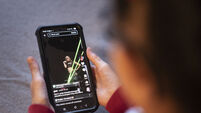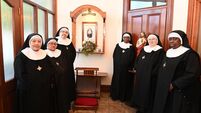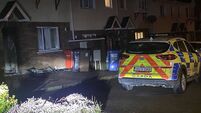Apple prototype from 1976 could sell for $500k

The Apple 1 from 1976 is a forerunner of today’s MacBooks, iPads and iPhones.
Ted Perry, a retired school psychologist from California who owns the old Apple, has kept it stashed away in a cardboard box. He says the green piece of plastic covered with memory chips is where the personal computer “revolution” started.













